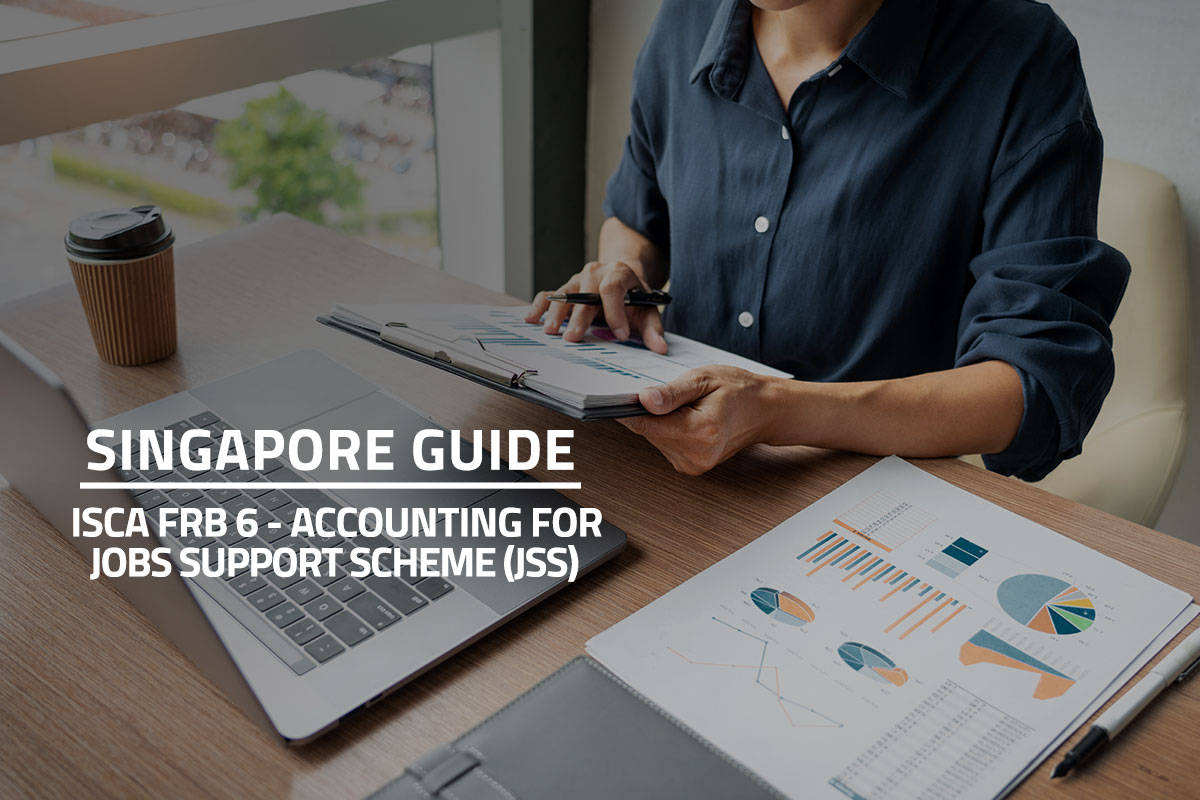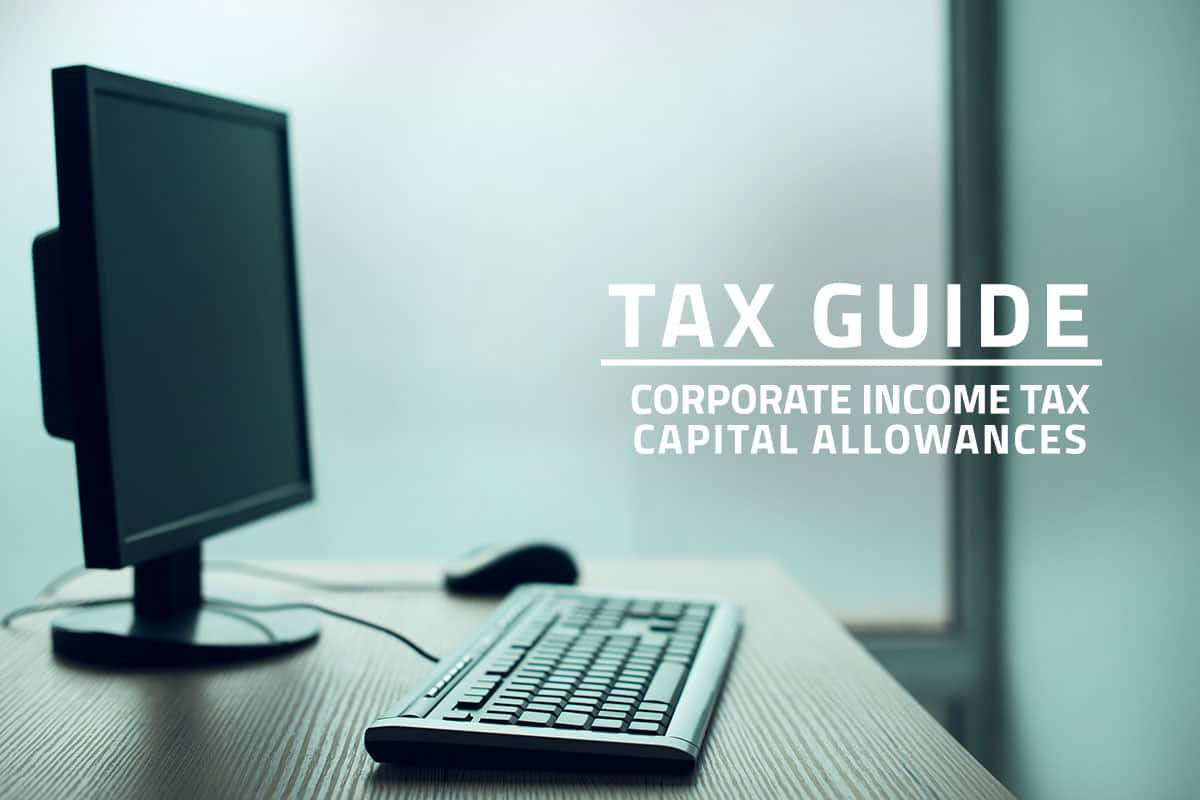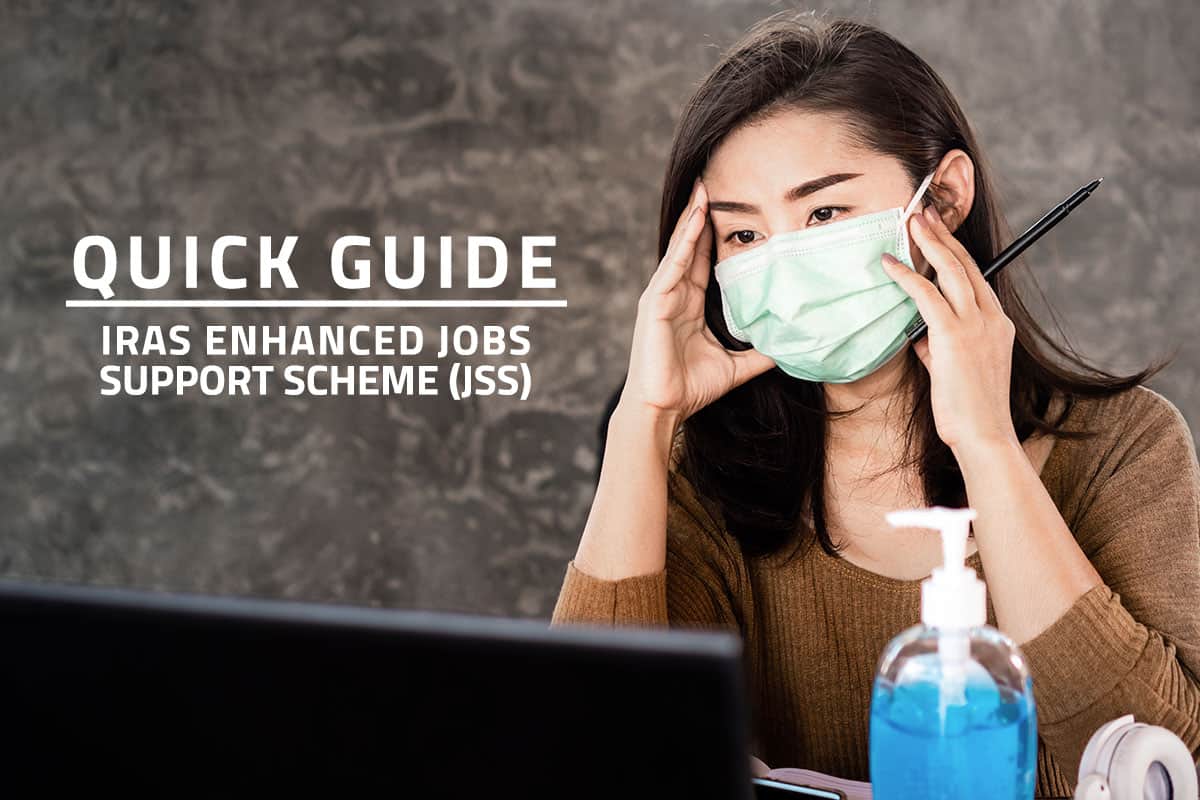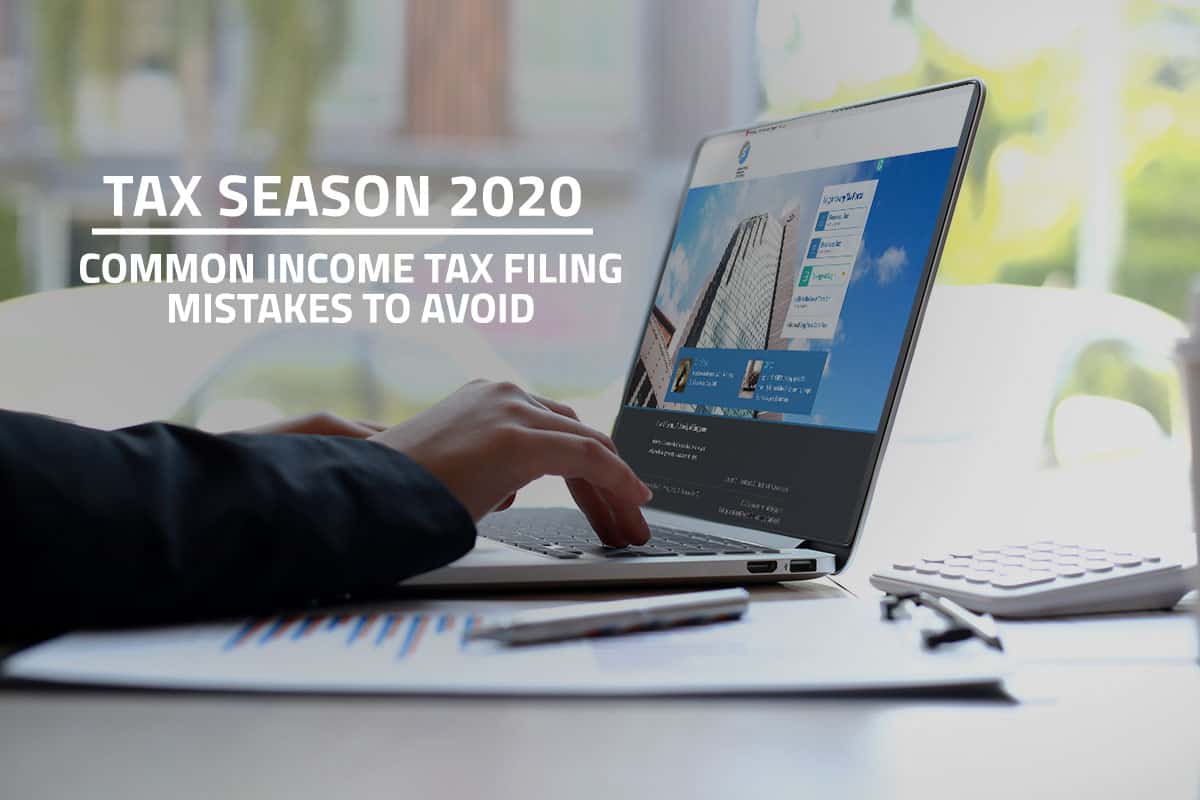
This year, the COVID-19 pandemic has inevitably adversely impacted the global economy. Singapore companies and businesses were negatively impacted by this health crisis and the consequent circuit breaker measures implemented to prevent the spread of the virus.
The Singapore government has thus announced various support schemes in the form of income tax rebate and reliefs for FY2020. Among these financial assistance measures is the Jobs Support Scheme (JSS) extended to employers in Singapore.
Jobs Support Scheme (JSS)
The purpose of the JSS is to provide wage support to employers to help them retain their local employees. It was first introduced in Singapore’s Budget 2020 announcement and further enhanced in the Resilience Budget and Solidarity Budget speeches that followed. Eligible employers would receive a 25%, 50% or 75% wage subsidy (depending on business sector) on the gross monthly wages of each local employee (Singapore Citizens and Permanent Residents) for the months of October to December 2019. The wage subsidy is subject to a monthly wage cap of SGD4,600 per employee.
The first JSS payout was released in April 2020. The enhanced scheme covers 6 additional months of wages, with payouts in July 2020 and October 2020. Under the Solidarity Budget, 75% of wage support will be provided for 2 months’ salary in April 2020 and May 2020. Employers who have made CPF contributions for their local employees will qualify for the payouts under JSS.
Institute of Singapore Chartered Accountants (ISCA) and Financial Reporting Bulletin (FRB)
ISCA is Singapore’s national accountancy body composed of accounting and commercial professionals as members. ISCA has a technical accounting division which provides guidance on accounting matters, audit and assurance and financial reporting. The Financial Reporting Committee (FRC) comprises representatives from accounting firms, legal firms and academia who are experts in the financial reporting field.
Financial Reporting Bulletins (FRBs) aim to provide technical guidance to financial reporting professionals with input from FRC reps. The ISCA’s FRB 6, published this year in May, provides accounting guidance to employers from their perspective, for the grant provided by the Singapore Government for wages paid to local employees under the JSS. The main accounting standards governing the accounting of the government grant are SFRS(I) 1-1 Presentation of Financial Statements and SFRS(I) 1-20 Accounting for Government Grants and Disclosure of Government Assistance.
FRB 6 scope and key considerations
Firstly, FRB 6 has laid out that JSS meets the definition of a government grant as it is explicitly a transfer of resources from the Singapore Government without any reciprocal return of services. It is meant to support businesses for periods where payouts are granted.
Secondly, FRB 6 addressed the accounting of the JSS in an employer’s financial statement. Employers who had made salary payment and related CPF contributions would fulfil the condition of obtaining the JSS grant. According to SFRS(I) 1-20 paragraph 12, the grant income is to be booked in profit or loss on a systematic basis where related costs are booked as expense at the same period. The related costs would be the wages paid during the economic uncertainty faced by businesses, which is subject to judgement and most likely falls on periods starting in April 2020. Grant income would be recognized until the end of 2020 in line with the JSS support for 9 months of wages.
Thirdly, FRB 6 addressed the presentation format for JSS grant income. According to SFRS(I) 1-20 paragraph 29, the grant income can be presented as either:
- Separately as grant income or under “other income”, or
- offset against the salary costs under expense item
ISCA’s viewpoint would be disclosing grant income as other income separately would provide greater transparency but companies are able to select the presentation method in line with the financial reporting standards.
In today’s uncertain times, seeking professional accounting services from an expert is advisable to avoid confusion and ensure compliance with Singapore’s fast-changing financial processes brought about by the COVID-19 pandemic.
Related Posts
Tax Guide: Singapore Capital Allowances
By law, all Singapore Companies are required to file annual income tax returns to the…
Quick Guide: IAS 20 – Accounting for Government Grants
This year, the COVID-19 crisis has adversely impacted the global economy. Singapore is no exemption,…
Quick Guide: Singapore’s Enhanced Jobs Support Scheme (JSS)
The Singaporean government launched the Jobs Support Scheme (JSS) in late April as part of…
Tax Season 2020: Income Tax Filing Mistakes to Avoid
The income tax filing process for Singapore individuals and employees has changed as a result…












